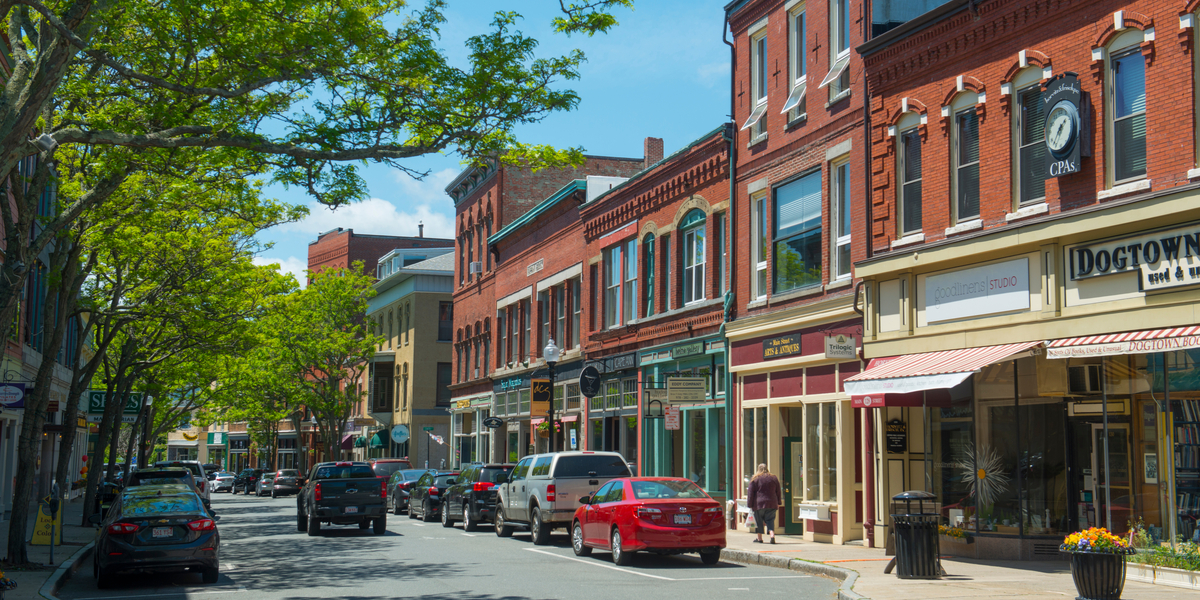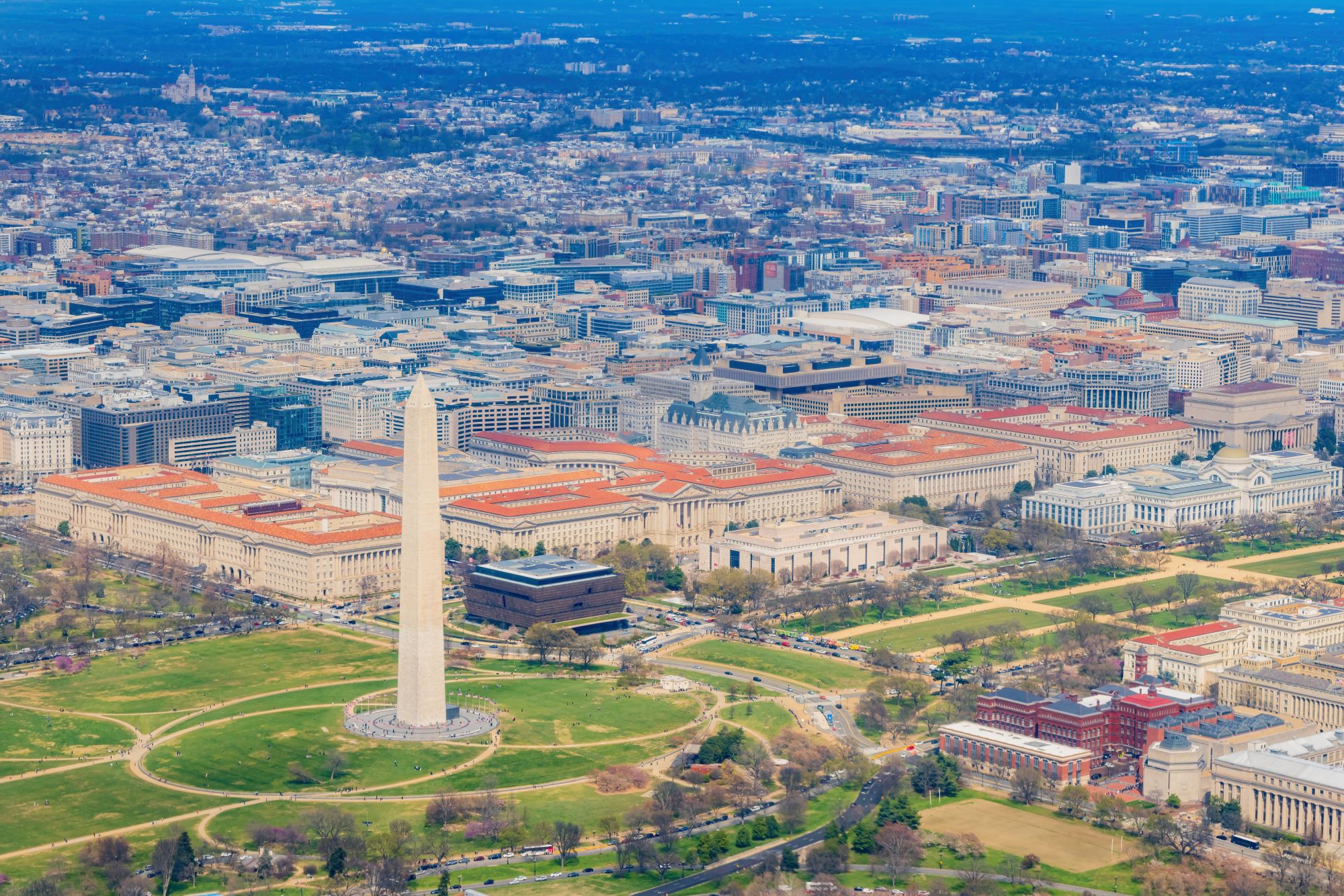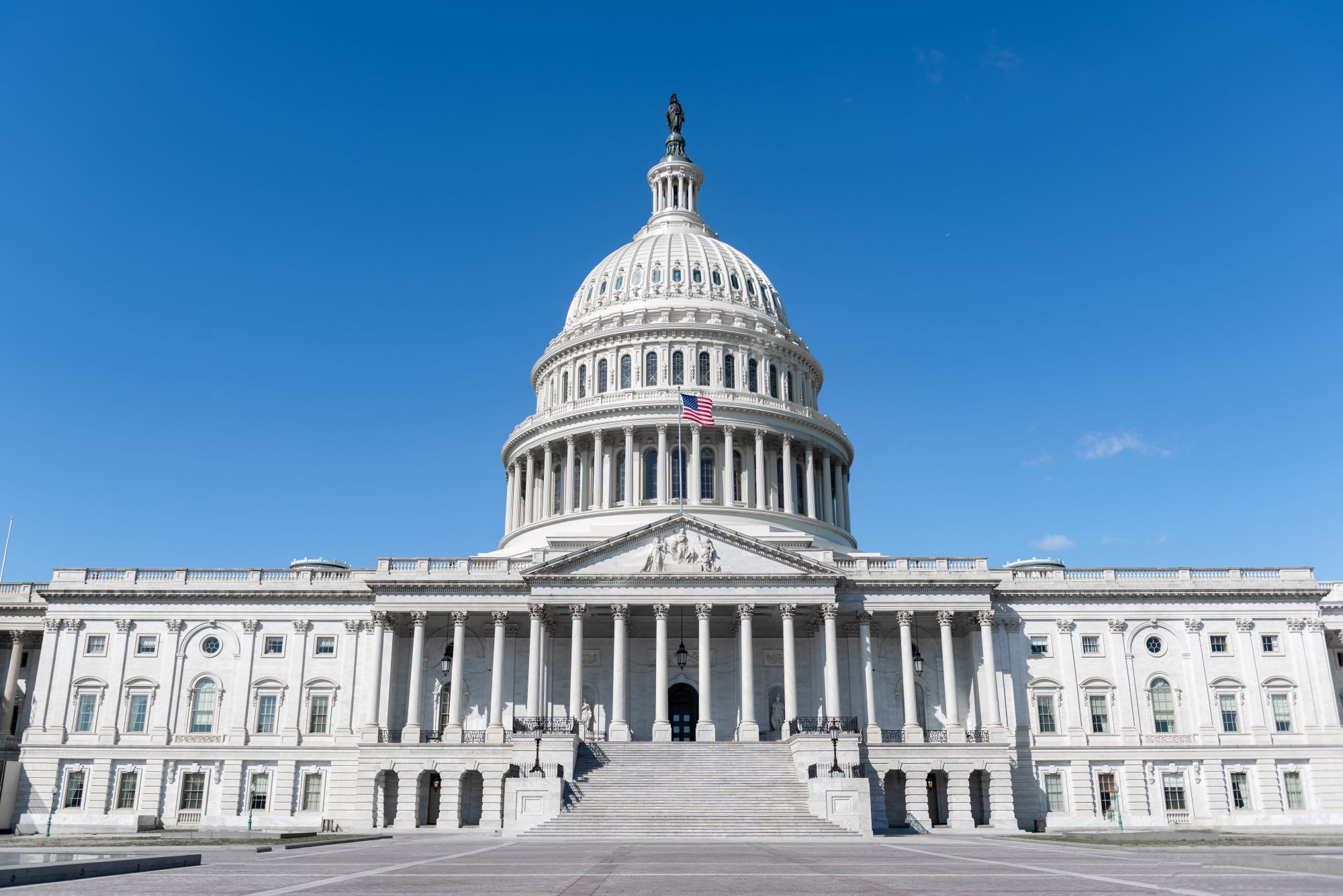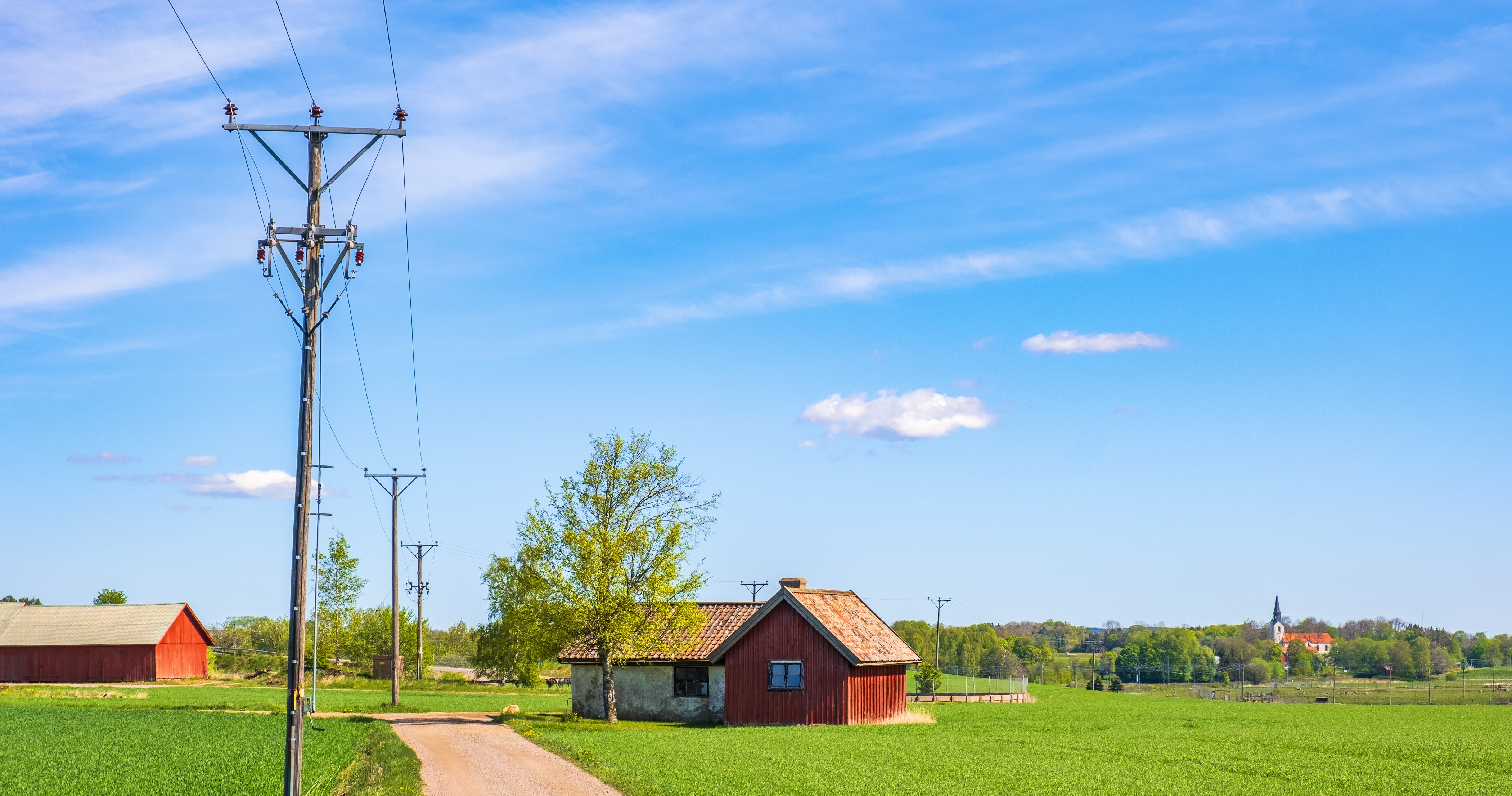Here’s How to Support Small Business While Fighting Climate Change
Let's Save Energy
Alliance to Save Energy's Blog

There are signs of the U.S. economy roaring back to life all around. 850,000 jobs were added in June alone. Consumer confidence is rising. And city streets are bustling with people once again.
But look a little closer, and it’s clear that among all these signs of recovery, there are still far more “closed” signs posted on Main Street than pre-pandemic. As of June 30, 2021, the number of small businesses open in the U.S. had decreased by 47.8% compared to January 2020. That is the lowest percentage of small businesses open at any point since the pandemic began – meaning more small businesses are closed right now than during the initial panic in spring 2020, and more than when COVID-19 cases peaked this past winter. As federal lawmakers work to pass infrastructure legislation that builds back better, that stat leaves no room for doubt: investment in small businesses must be a priority.
The smart place to start is with the Main Street Efficiency Act of 2021. This legislation gets enormous bang for its buck by not only providing immediate and lasting financial benefits to small businesses, but also making a down payment on fighting climate change. It does so by providing small businesses with low to no-cost energy efficiency retrofits.
Small Business Efficiency in Action
To understand the impact that efficiency retrofits can have, take a look at The Publyk House restaurant in Bennington, Vermont. According to a case study from energy efficiency utility Efficiency Vermont, Publyk House is a staple of the Bennington community, serving more than 70,000 customers per year. However, in an aging, drafty building, keeping those customers warm meant spending a lot of money on energy costs. That’s when the owners reached out to Efficiency Vermont to apply for a Deep Energy Retrofit Program aimed at helping businesses achieve 50% annual energy savings through efficiency retrofits.
With technical guidance from Efficiency Vermont, the retrofit was successful – Publyk House is saving $12,250 on its energy bills – savings that will give back month after month, year after year. The restaurant also saw its business increase by 42% since the completion of the retrofit, likely due to creating a more comfortable space for customers. And, to top it off, slashing the restaurant’s energy use also meant slashing its carbon footprint – by 96,000 lbs of CO2e per year – to become a more sustainable member of the community.
The retrofit was in short, a win-win-win. But unfortunately, many small businesses across the country aren’t able to take advantage of the opportunity to save money, improve customer comfort, and reduce emissions because they can’t afford the upfront cost – even if it more than payoffs in the long-run. That’s where the Main Street Efficiency Act comes in.
How It Works
The Main Street Efficiency Act would make those upgrades free or low-cost for many small businesses. It would establish a Department of Energy grant program matching incentives for small business upgrades offered by utility Demand Side Management (DSM) programs, currently available at 75% of U.S. utilities. Grants would be prioritized to utilities that serve diverse small businesses and utilize diverse suppliers to help address the disproportionate impact the pandemic has had on minority-owned businesses.
By delivering funding through DSM programs, money can quickly reach the small businesses who need it most and incentives are fully leveraged. Additionally, because most companies that complete retrofits are small businesses themselves (80% of efficiency companies have fewer than 20 employees), the legislation would support this workforce – in essence, small business helping small business.
The Main Street Efficiency Act is being led in Congress by Rep. Peter Welch (D-Vt.) and Rep. Catherine Cortez Masto (D-Nev.). Passing this legislation into law would boost small businesses’ bottom line at a time when a boost is needed more than ever – helping to ensure that revenue goes toward investing in workers and expanding operations, rather than just keeping the lights on. At the same time, it’s an investment in climate action, and an investment in jobs. As we work toward a stronger, more resilient economy, let’s get the Main Street Efficiency Act to the Oval Office this year.
To learn more about the Main Street Efficiency Act or sign on as an endorser, please contact Alliance Policy Manager Jason Reott at jreott@ase.org
STAY EMPOWERED
Help the Alliance advocate for policies to use energy more efficiently – supporting job creation, reduced emissions, and lower costs. Contact your member of Congress.
Energy efficiency is smart, nonpartisan, and practical. So are we. Our strength comes from an unparalleled group of Alliance Associates working collaboratively under the Alliance umbrella to pave the way for energy efficiency gains.
The power of efficiency is in your hands. Supporting the Alliance means supporting a vision for using energy more productively to achieve economic growth, a cleaner environment, and greater energy security, affordability, and reliability.



